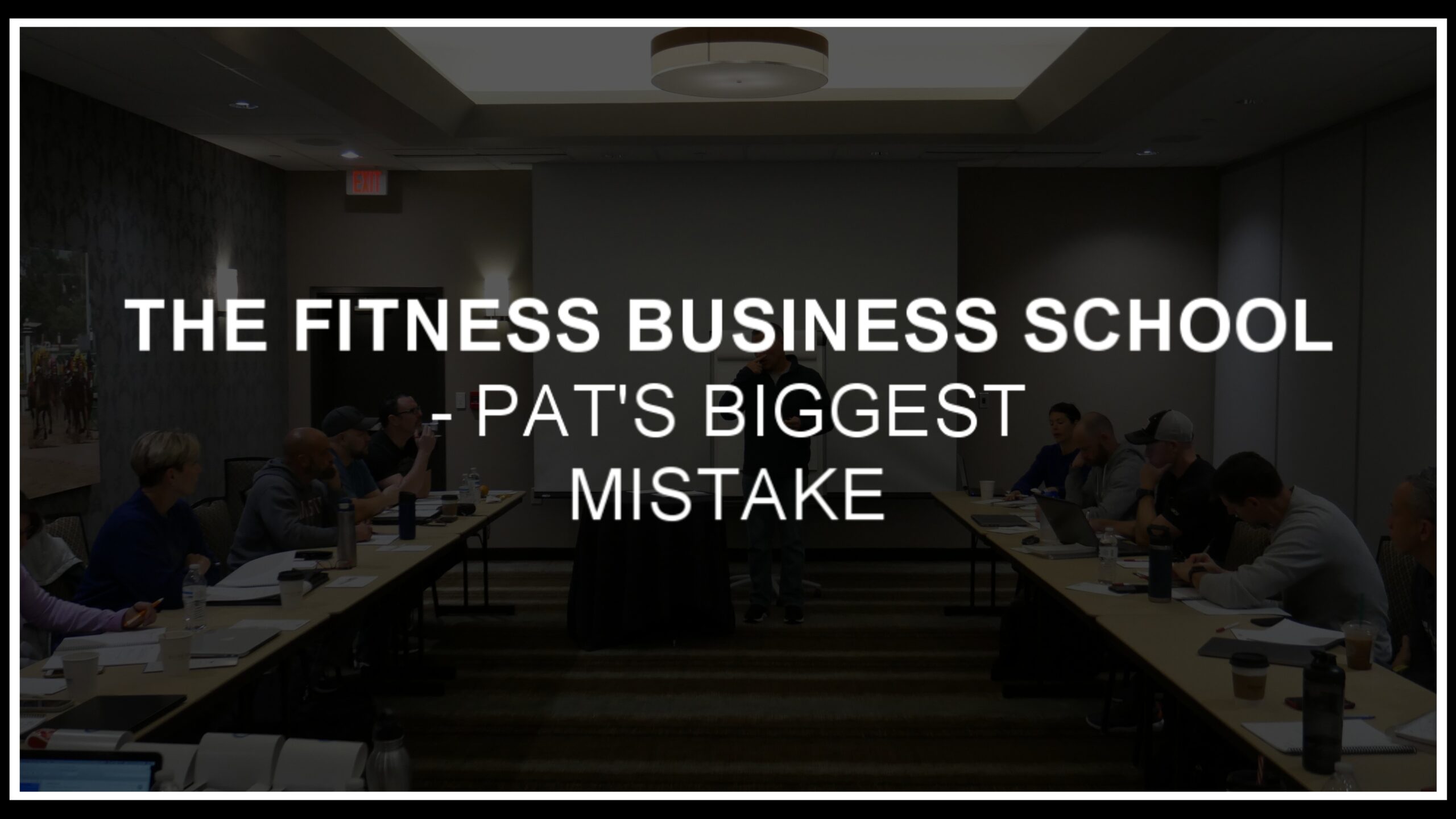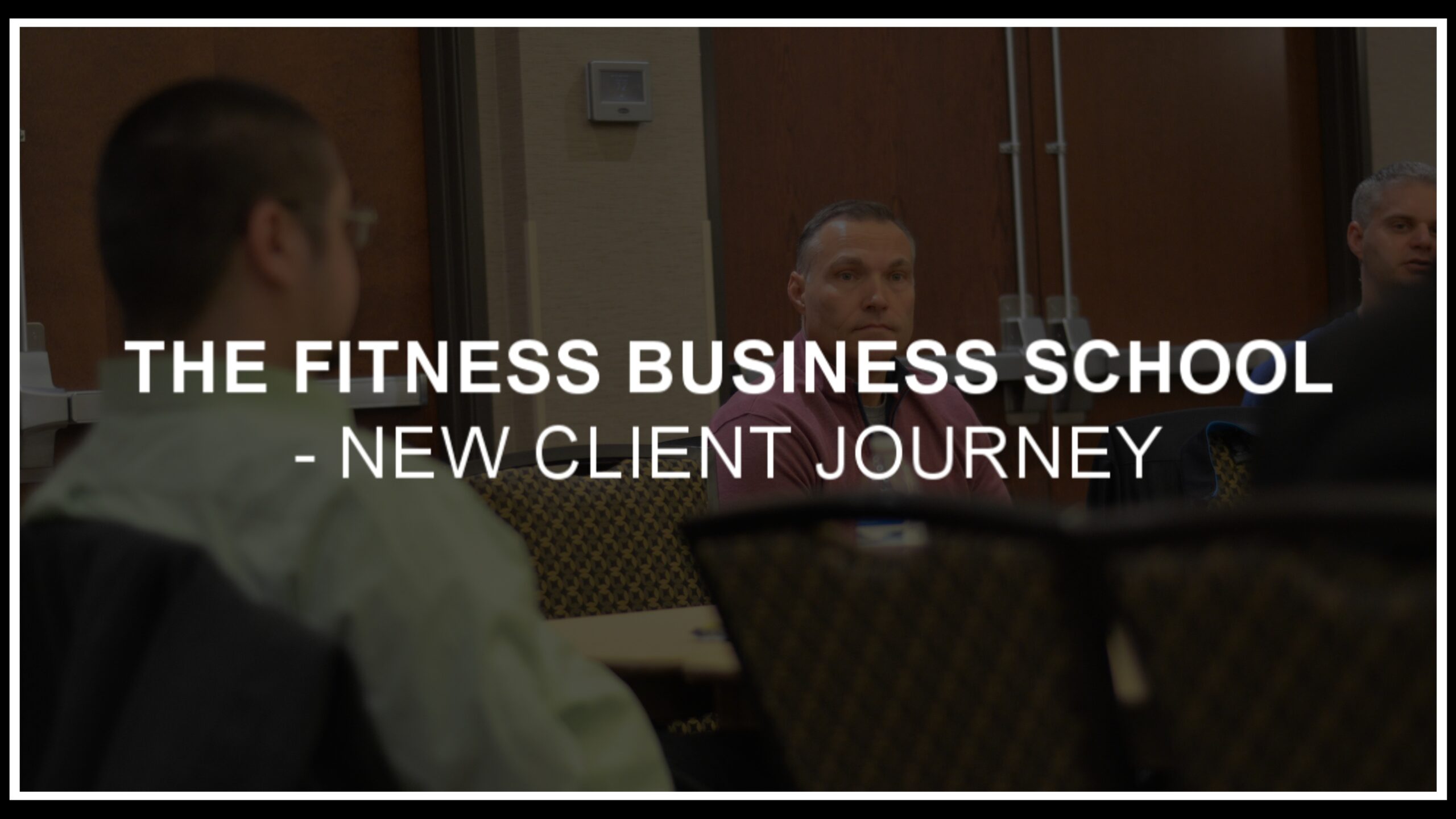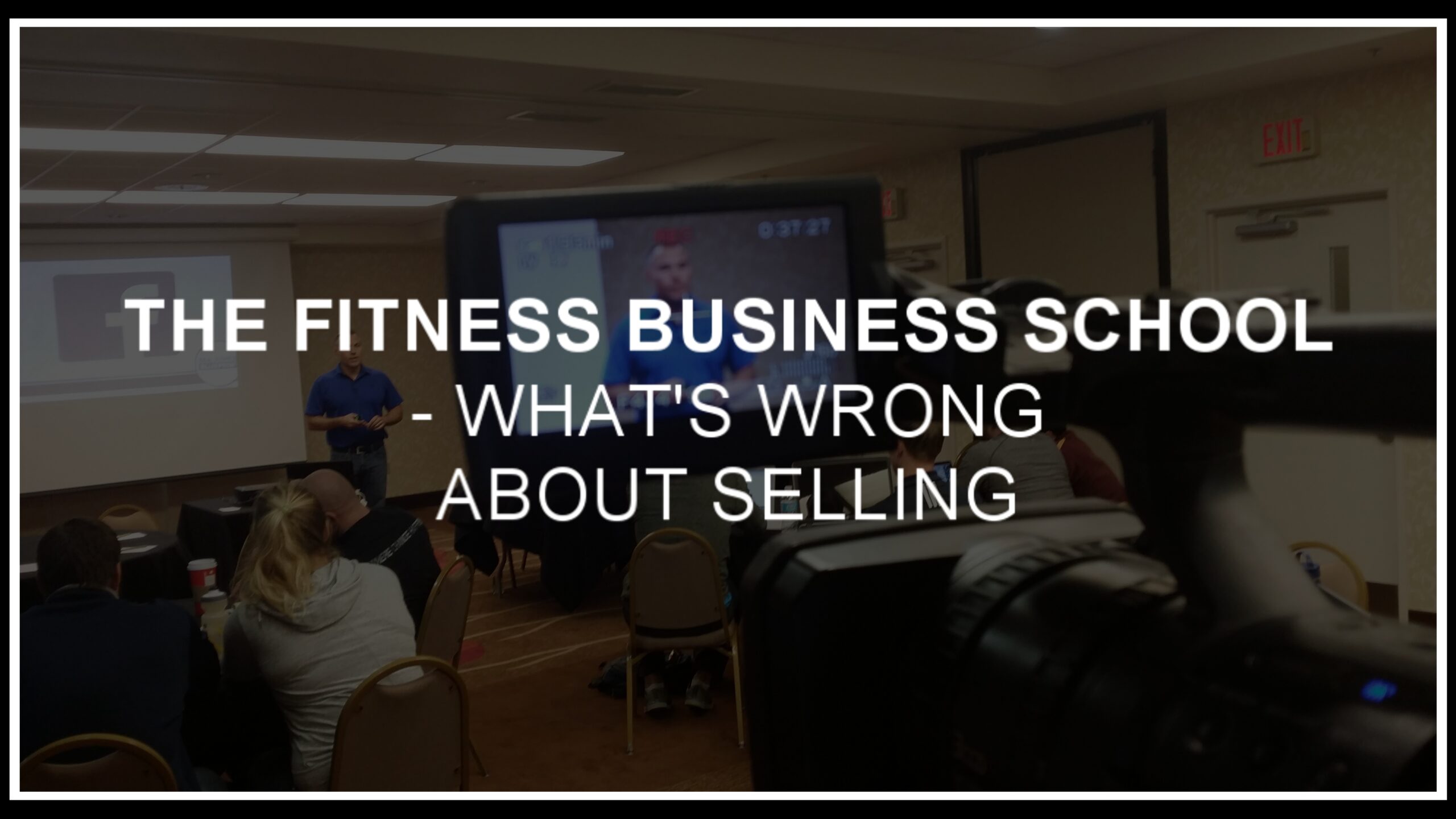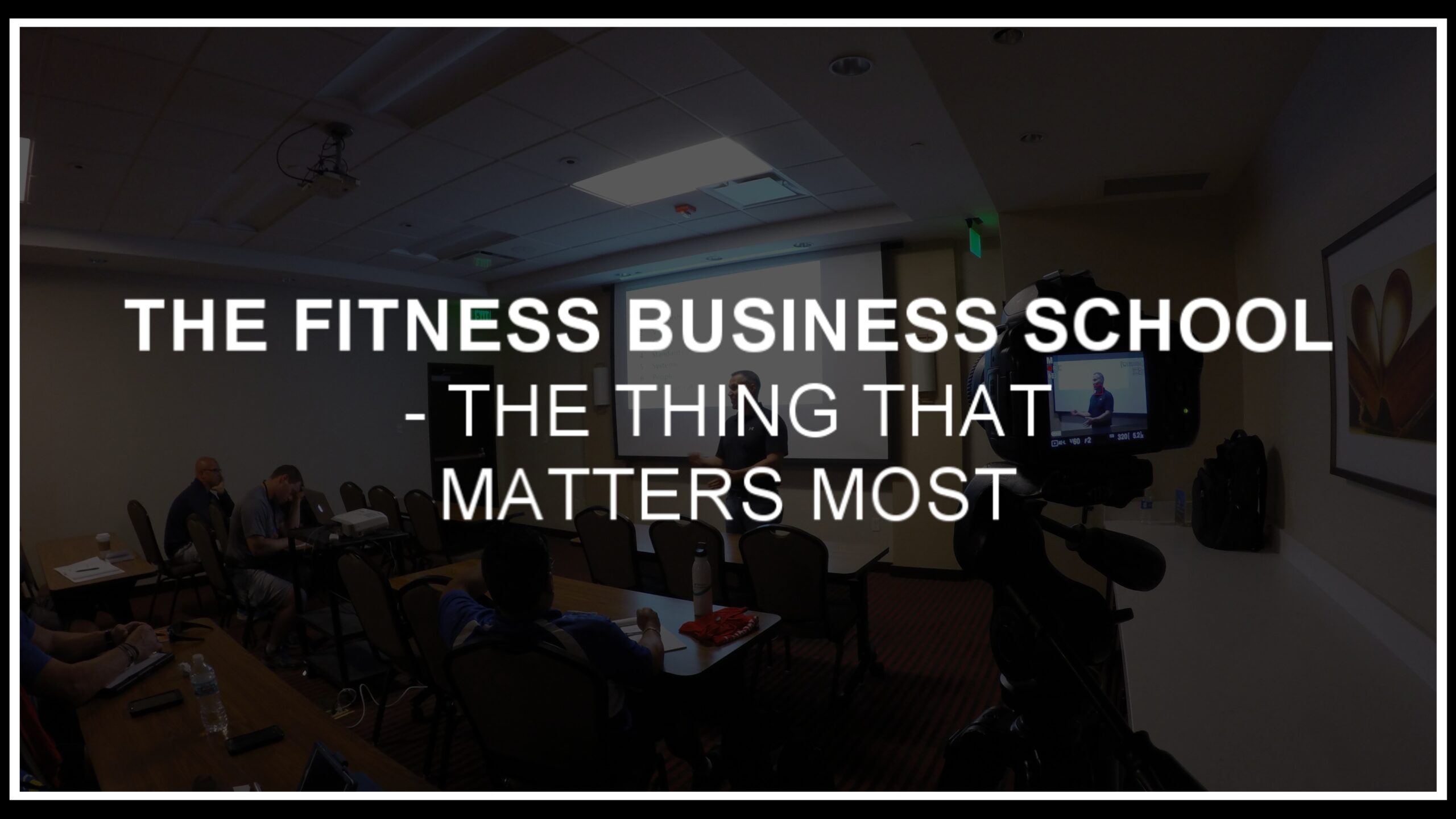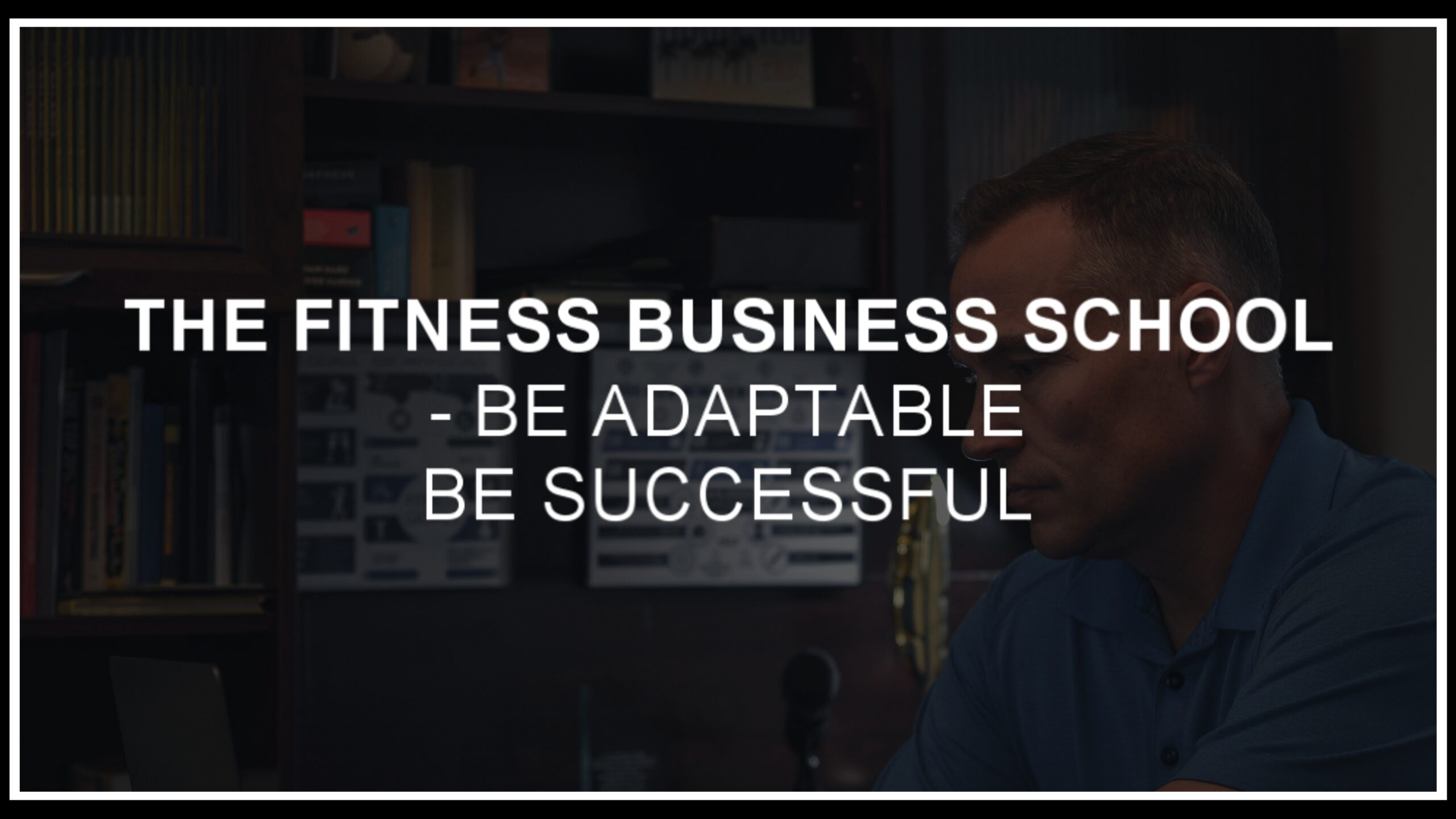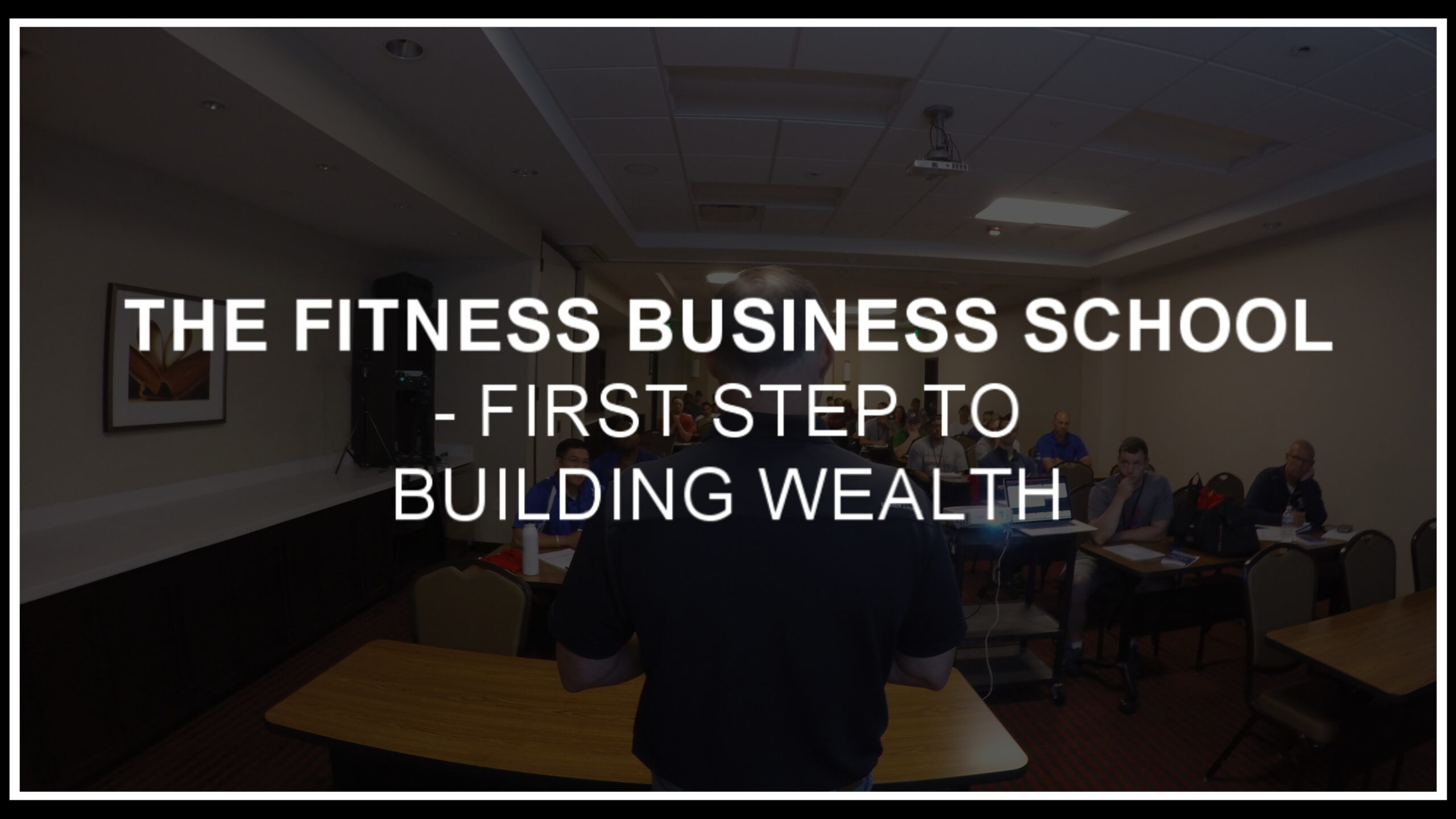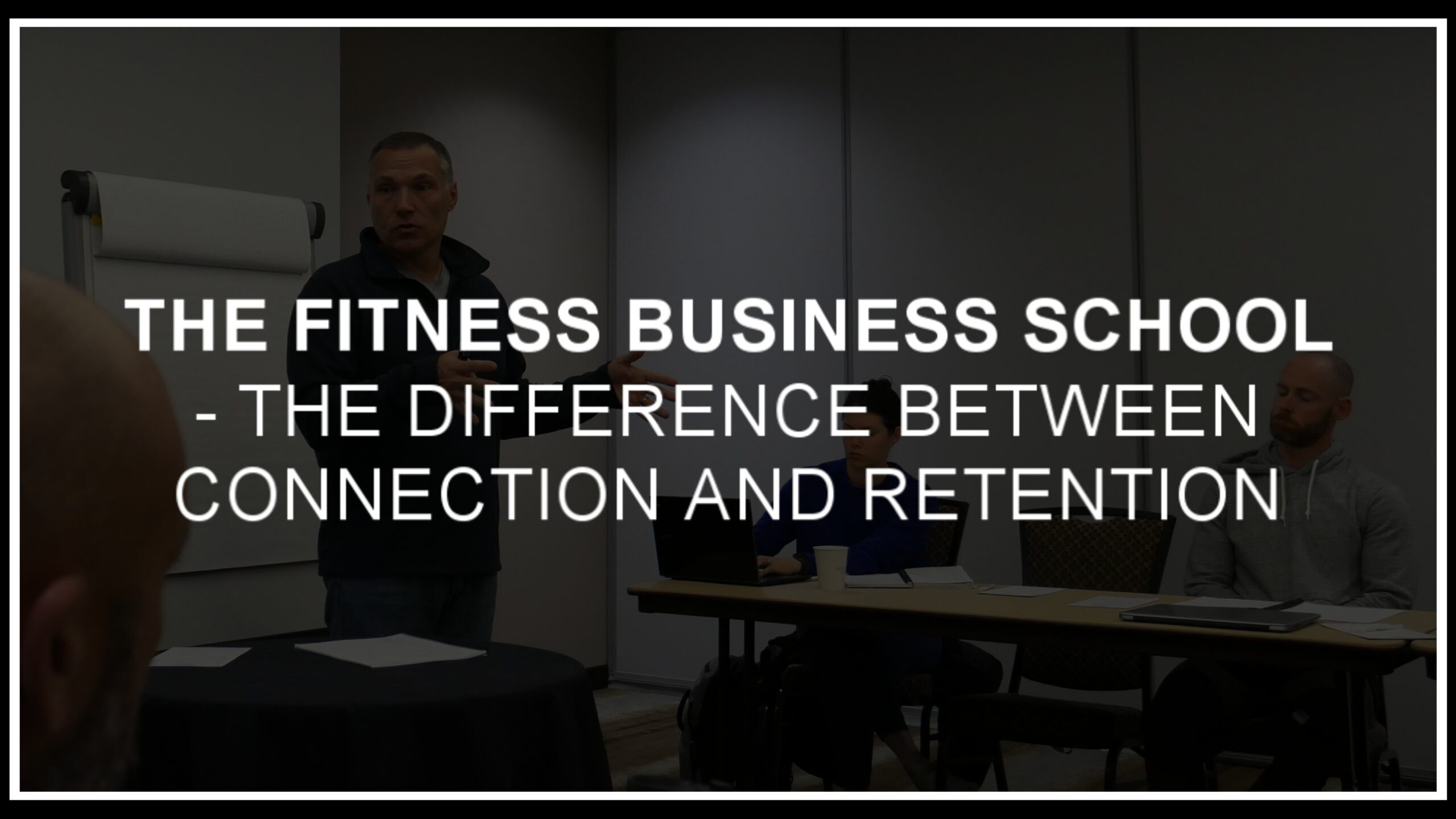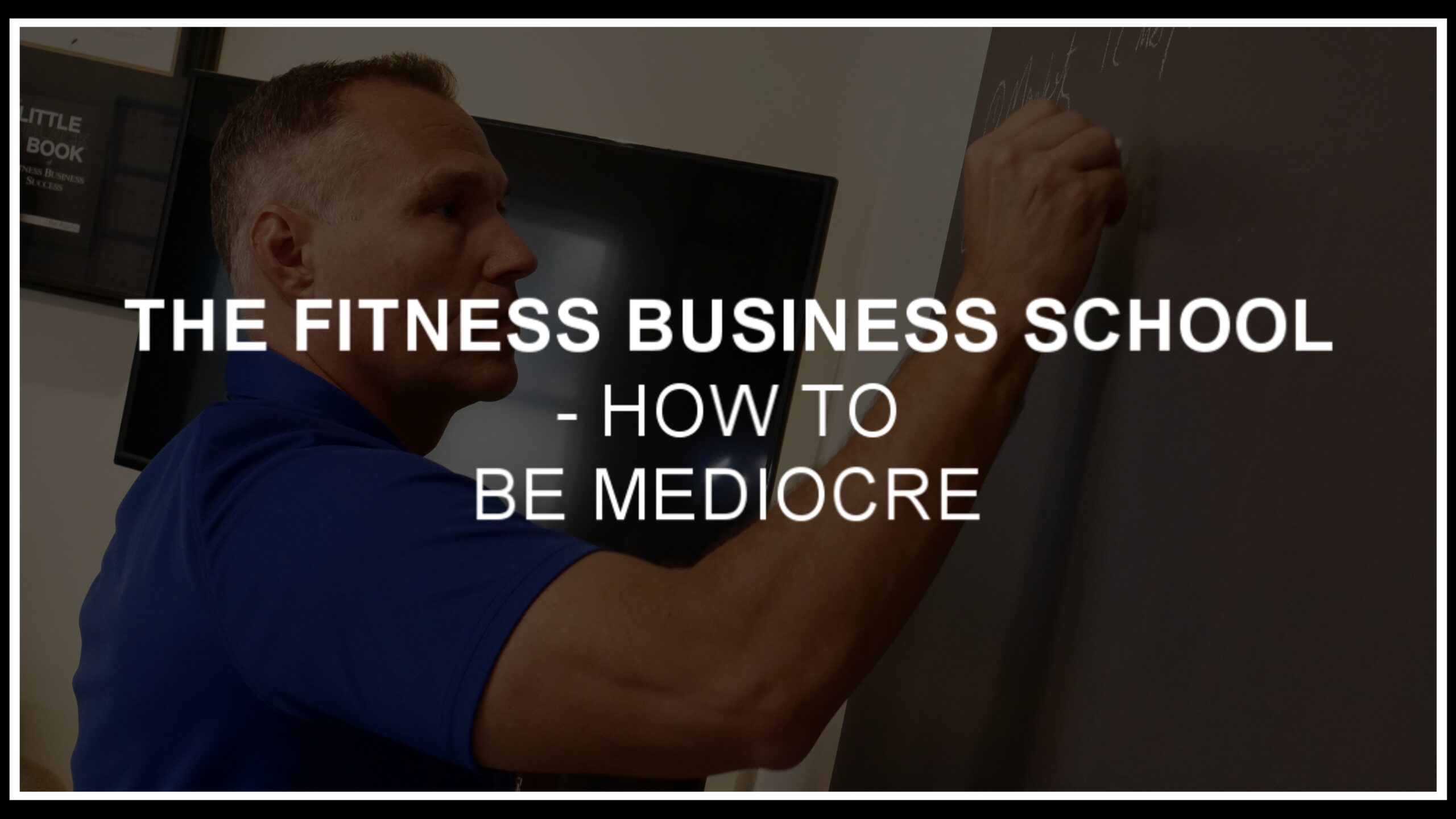Show Notes
00:00 Introduction to Building and Burning Bridges
00:30 The Importance of Long-Term Relationships
03:14 Professional Legacy and Business Benefits
04:27 Lessons from Coaching to Business
06:22 Maintaining Relationships Beyond Transactions
07:29 Upcoming Projects and Opportunities
09:39 The Pitfalls of Burning Bridges
10:25 Final Thoughts on Building Bridges
12:58 Special Offer: Ideal Business Diagnostic
Full Transcript
Hey, Pat Rigsby here and in today’s episode, we’re going to talk about bridges and whether you’re building them or burning them, let’s get to it.
Welcome to the Fitness Business School podcast, the show for fitness business owners who want to grow their income, increase their impact and improve their lifestyle. Be sure to listen to the end of this episode because we have a brand new special offer exclusive for listeners. So stay tuned.
n early December, we hosted our best year blueprint event here at our home and at a small group, and it was fun to spend some time with, there were attendees that. They’ve been longtime friends, BJ Bliffert, he and his wife, Kori were clients dating back to 2007, 2006, something like that.
Scott Colby was there and he’s a friend since the original Ryan Lee bootcamp. Rick Streb has been a client, a friend for well over a decade. And I’m always encouraged by these long term relationships. And then that same day, that was on a Saturday and it was different because I haven’t done a Saturday event that we’ve hosted in eight years.
But that night I’m receiving text messages from. A baseball player that I coached the most recently I coached him was back in 2002, and he was talking about being together with another baseball player that I had coached and then that same evening, the softball coach at the university who I had coached.
Finally got to meet, she texted and said that she was with one of my other former players and they were talking. And I think about this, the number of clients that are currently in programs that we offer that were involved pre 2012 with me the, so over a clearly over a decade of a relationship. And the number of people that.
That I worked with in some way, shape or form actually just this week, I got a request to be a reference for somebody who hasn’t worked for me for like fast approaching 15 years. And the week prior got a request to help from one of the first trainers I hired at my first training business. And that’s that.
It’s a fun part. Of the business that I get to operate because there’s so many people that we’ve had these longstanding relationships with. There are dozens and dozens of people that I’m still heavily connected with. And not all of them are even in active coaching programs. Some of them have just become friends and if they need something, they’ll shoot me a message or I could be a sounding board or whatever else.
But. I think that’s the professional legacy that I would love to have is okay. Hey, Pat was somebody who was a good coach, but also just cared about me as a person, cared about my success, cared about me personally, professionally. And I think that the business benefit to that is underappreciated. Some people think about that is unrelated to business in many ways.
But I think of it is, man. It’s probably one of those benefits of growing up in a small town where news travels pretty fast, right? If somebody. Treats people poorly. If a small business treats people poorly, news travels very quickly. If people are really kind and generous and thoughtful and caring news travels just as quickly.
You learn that and you think about the, that kind of. Fact that you want to build bridges. You want to make sure that even if somebody is not actively your client, that they always feel welcome to come back. They always feel welcome. When they see you, they feel like that’s a positive thing. And I think one of the cool things about being a college baseball coach before I got into business was you just assume people graduate, right?
Like people are going to finish up their eligibility with you. And. Then you have to decide, okay, is this person, my, my player forever, or were they just a transactional piece of something, and then they just move through the pipeline and obviously I’ve gravitated to the relational approach. And I don’t even know that.
I did a very good job with that right in the beginning. I was the youngest head coach in the country the first couple of years. And I, frankly, it was a whirlwind and I was way over my head and there are so many things I look back and I’m embarrassed by how I navigated it and how I probably was so set in my ways about what my rules were going to be and how things were going to operate.
And I’ll be the first to tell you that I’ve rationalized it many times I was young and I had to. Set these really rigid rules and do things in these ways. And, but you get a little older and that doesn’t, hopefully you get wiser and you say, okay, you know what, let’s make sure that these people know that you care about them and let’s make sure that.
They know that you’re rooting for them and you want to support them. And even when they can’t play for you anymore, that you’re still cheering for them and you’re an advocate for them and you’re there when they need you. And I think that learning experience and that journey, and hopefully I got better at that over, over time as a coach that carried over into business, whether it be with team members or it be with clients.
You want people to feel that just because they’re not with you at the moment doesn’t mean that they can’t count on you. You can’t lean on you. That relationship isn’t still there. And I think a lot of business owners miss the mark on that, right? I think even in our service industry, it can be especially bad because I think sometimes we invest so much in people like we care about the business.
We care about the relationship. We almost take it as a slight if they leave. Instead of realizing that people on average graduate, right? Like their life changes, their circumstances change, their the schedule changes and a lot of people graduate and that doesn’t mean that we still don’t care about them.
We still don’t have those relationships. What it does mean is that we’re probably better off thinking once a client, all as a client. Once somebody is under our care, we’re always rooting for them. And if you approach it that way, man it’s so much better. I am recording this the day before we’re doing a really cool kind of online training with BJ Gaddour.
BJ was somebody. That was really involved in that first handful of years that I was doing business coaching. We had the number one business coaching program for fitness bootcamp owners in the industry bootcamp blueprint and BJ was one of the partners in that program. And he, and we’re talking tomorrow.
I talked to him yesterday. We’ve got this project we’re working on. And. Justin Yule is the other person heavily involved in this project. And Justin’s been around for well over a decade involved in different things that we’re doing. Actually, before he even owned a training business, when he was a trainer in a health club and was looking at owning a training business, he started to get involved.
And so for me, that’s ideal, right? Because there are people that will come back. Because you didn’t burn that bridge. So if we’re talking about this from a purely business standpoint, the cost of acquisition goes down. The lifetime value goes up. The opportunity for doors being open to things down the line matter, right?
This opportunity was brought to Jess and I from BJ. Now, obviously if we didn’t have a good relationship with BJ, there wouldn’t have been an opportunity to work together. And it’s a really cool opportunity. I’ve got. An opportunity that I’m working through with the university, a gentleman who I met through one of our elite training workshop events years and years ago has come to me with a couple opportunities along the way that one of them was already really financially lucrative and they’re just fun projects and good people to work with.
And just, if all we’re talking about, this is from a business standpoint, building bridges is one of the coolest business opportunities that we have. And the burning bridges side of it that I think a lot of people drift into. And sometimes they drift into it without they, they’re people that think, okay, I’m a nice person.
I’m a good person. I’m a thoughtful, kind, caring person. And they still drift into burning bridges because they get emotional because they care about something and it doesn’t go their way and they get resentful. And before you know it, that relationship is severed. And that person doesn’t feel comfortable coming back.
That person doesn’t want to go through. It’s already uncomfortable enough. Starting back in a fitness program. They want, they don’t want to have to jump through the hoops that. Come with it by having to rebuild a relationship that rather just start from square one with somebody else. So if you haven’t thought about building bridges as a way to build a business, I would encourage you to put a little more time into it.
I’ve spent some time kind of doing this whole consumer awareness thing in a couple of the episodes that I recently recorded. And I think a lot of this comes down to. Just do the opposite of transactional businesses that don’t seem like their goals are in line with client goals and yeah. And building bridges would be one of them.
I certainly don’t think that most of those transactional businesses lose a moment’s sleep over burning bridges with people who didn’t sign up. It was, it feels way more like people will sign up with us or. They’re going to hate us in the process. I remember years ago, there was a founder of probably the first real training franchise that I was aware of that wanted a friend of mine.
To convert his already successful training studio in Cincinnati to a franchise location. And when my friend and he considered it, he did all of his due diligence, everything he considered it. And when he decided not to, this franchise or basically said, we’re going to put some franchises in your town and basically put you out of business.
And it’s like, why would anybody do that? Just make the pie bigger. Support people, take care of them. If they have to take a different direction, still root for them, help them how you can, and perhaps they come back. But no matter what, if you truly are a coach and care about people, and if that’s been your identity, and so many of the business owners that I talked to, so many that listen to this podcast will tell you that’s what their business is about.
I want to serve people. I care about people. I want to help people. And they’ll say it’s the business stuff. Then I need to get better at, guess what? This is some of the business stuff. Actually care about people, not just people who are paying you, not just people who are new to your business, care about the people that you come in contact with.
And you’ll have more opportunity to grow your business. You’ll have people stay longer, more people will pay you. And it will be because you are who you say you want to be. So again, if you want to build a better business, build more bridges.
Thanks for listening to this episode of The Fitness Business School.
Before you go, I have a quick announcement:
One of of the things that we’ve been doing with our current clients is taking them through this Ideal Business diagnostic and really what it is, this checklist that allows you to pinpoint exactly what your business needs next so you can keep improving, keep growing, and build a business that you love to own, one that pays you well, one that allows you to have the impact you wanna have and one that allows you to have a lifestyle that you truly enjoy.
In this diagnostic, we walk through everything and we do an evaluation and can instantly pinpoint what you need to do next to build that business that you want. I’m going to extend this opportunity to get on with either me or my team and take you through this evaluation and fix your business’s most vital needs fast.
So if we take you through this, you’re gonna be able to make those vital changes that you need to finally have what I call your Ideal Business. If you’d be interested in going through this entirely free, risk-free diagnostic with us and learn what you already have in place, what you’re doing well and where are your greatest opportunities for rapid improvement are just shoot me an email with diagnostic in the subject line to [email protected].
Again, an email to [email protected] with diagnostic in the subject line will get
you scheduled and take you through this evaluation to help you build the business you want.


